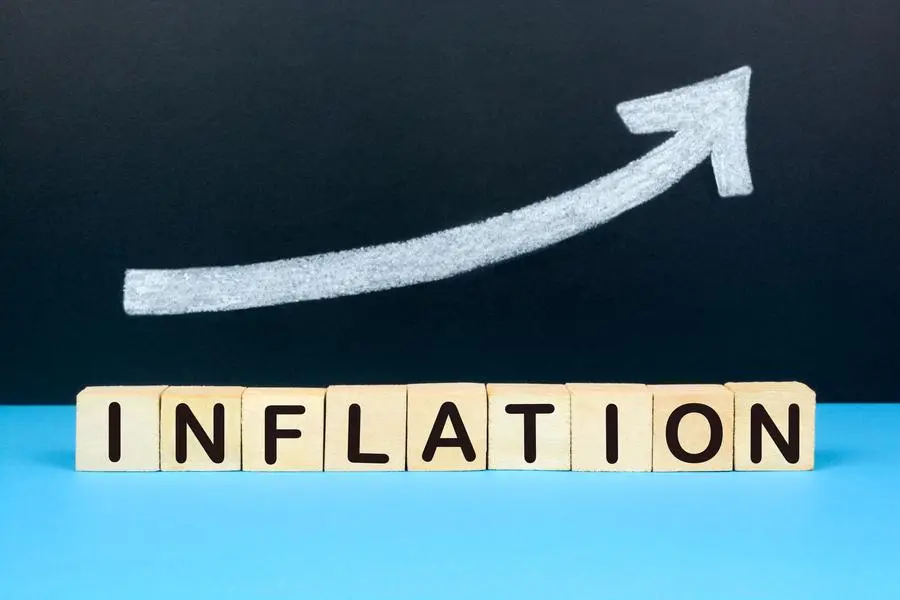PHOTO
Muscat: Inflation in the GCC averaged at around the 4 per cent mark and showed a downward trend for most member countries during the first half of 2022, according to a new report.
“The proactive policies by the governments in the region and subsidies on food and energy items helped to keep inflation at relatively low levels,” the Kuwait-based investment strategy and research firm Kamco Invest said in its latest report.
The year 2022 was a turbulent year for the global economy with runaway inflation and the cost-of-living crisis being dominant issues facing the bulk of the countries globally. The Gulf Cooperation Council (GCC) economies were no exception that faced the challenges of higher prices that worsened due to excessive reliance on imported products,” it added.
The report further said that global energy prices sky-rocketed during 2022 mainly driven by the Russia-Ukraine conflict as Russia’s energy exports were sanctioned. The EU countries, Russia’s biggest natural gas and oil export destination, started to diversify and look elsewhere for energy imports to curtail Russia’s ability to wage war. The sanctioning of Russia’s energy exports created a supply drop in global energy markets hence pushing oil and natural gas prices up. The Russia-Ukraine conflict also created a negative sentiment in energy markets as the war nears its first anniversary. In 2022, European natural gas prices reached record highs, the Kamco Invest report said.
Russia and Ukraine are key producers of global foodstuffs. Between them, the two countries export nearly one-third of the world’s wheat exports and barley and over 70 per cent of its sunflower. The Russia-Ukraine conflict has prevented the export of foodgrains from those countries from leaving their shores causing worldwide price increases in food as well as other repercussions such as fear of food shortages, inflation, and political instability.
Inflation reached a peak of 9.1 per cent in June-2022 in the US and has mostly trended downwards thereafter. Inflationary pressure is also expected to ease in the near term. According to the IMF, nearly 84 per cent of the countries in the world are forecasted to have lower consumer price index inflation growth in 2023 than in 2022 when inflation reached the highest level in decades. In terms of global inflation growth, the IMF forecasted in its latest World Economic Report, that global headline inflation would fall from an annual average of 8.8 per cent in 2022 to 6.6 per cent in 2023 and further to 4.3 per cent in 2024. The IMF attributed its lower inflation projection to declining international fuel and non-fuel commodity prices due to weaker global demand.
Efforts to control inflation via tighter monetary policies, including higher interest rates, are expected to continue in 2023, the report said. After raising the rate by 25 bps in 2023, the US Fed is expected to undertake further rate hikes as indicated in their statement as well as probability surveys from Bloomberg that show at least two more rate hikes of 25 bps this year.
GCC rate hikes and inflation
In its latest response at the start of February-2023, Saudi Arabia’s Central Bank increased its repo rate by 0.25 per cent to 5.25 per cent while the UAE Central Bank lifted its base rate for overnight deposit facility from 4.4 per cent to 4.65 per cent. Similarly, Kuwait’s Central Bank has raised its discount rate by 50 bps from 3.5 per cent to 4 per cent whereas the Central Bank of Bahrain raised its one-week deposits rate by 25 basis points to 5.5 per cent.
On the other hand, the Central Bank of Qatar kept its rates intact; its repo rate at 5.25 per cent, its deposit rate at 5 per cent and its lending rate at 5.5 per cent. GCC central banks follow the US Federal Reserve’s rate changes since their local currencies are pegged to the US Dollar barring Kuwait which has its currency pegged to a basket of currencies.
Inflation in the Middle East and North Africa (Mena) region is expected to affect economic growth despite being low when compared to global economies.
Efforts such as price controls and consumption subsidies in some countries in the Mena region helped to control prices.
However, these measures are expected to result in additional costs to oil-importing countries in the region. According to the World Bank, developing oil-importing countries in the region might need to find new revenues, increase deficit, debt, or even cut government spending in other areas of the economy to fund the costs of the inflation mitigation programmes. In contrast, there is no such fiscal pressure for the GCC and other oil-exporting countries in the region as state revenue growth mainly from higher oil prices is expected to more than compensate for additional inflation mitigation costs incurred by governments.
In the GCC region, inflation is expected to diminish in 2023 led by higher interest rates and slowing global growth. According to PWC, inflation in the region is expected to average 2.7 per cent in 2023. The GCC region is also expected to gain from its relative stability in its financial covers thanks to higher oil prices and higher energy exports in 2022. This would allow countries in the region to invest in critical sectors to protect from future fluctuations in key food and component prices.
© Muscat Media Group Provided by SyndiGate Media Inc. (Syndigate.info).




















